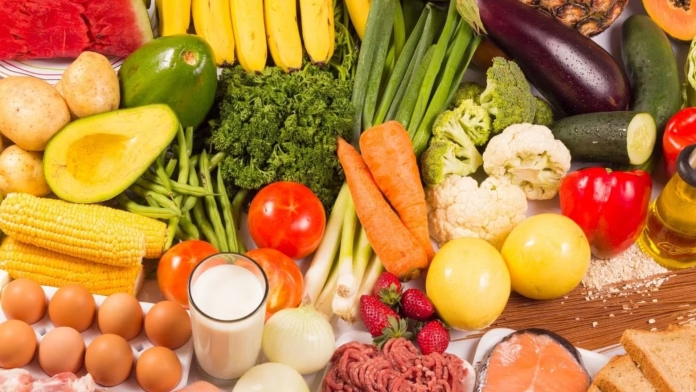As we age, our digestive system undergoes changes that can make it difficult for the body to absorb and process nutrients efficiently. Elderly people may experience a range of digestive problems, including constipation, diarrhea, acid reflux, and decreased appetite. Additionally, some medications or medical conditions may further impact their digestive health.
One way to help elderly people maintain good digestive health is to make sure their diet is easy to digest. Here are some tips on how to make food easily digestible for elders:
- Cook Food Thoroughly
Cooking food thoroughly can help break down the proteins and carbohydrates, making them easier for the body to digest. Boiling, baking, or steaming food are all excellent ways to cook food thoroughly.
- Add Spices
Some spices, such as ginger, cinnamon, and turmeric, have been shown to aid in digestion. Adding these spices to food can not only make it more flavorful but also make it easier to digest.
- Choose Lean Proteins
Protein is an essential nutrient, but some forms of protein can be difficult for the body to digest. Red meat, for example, is often tough and high in fat, making it harder to digest. Instead, choose lean proteins such as chicken, fish, or tofu, which are easier on the digestive system.
- Eat Smaller Meals More Frequently
Large meals can put a strain on the digestive system, especially in elderly people whose digestive system may not be as efficient. Eating smaller meals more frequently throughout the day can help the body digest food more easily.
- Avoid Spicy or Fried Foods
Spicy or fried foods can irritate the digestive system, making it harder for the body to digest food. These foods can also cause heartburn, indigestion, or acid reflux, which can be uncomfortable or even painful for elderly people.
- Chew Food Thoroughly
Chewing food thoroughly is an essential step in the digestive process. As we age, we may not chew our food as well, which can put an extra strain on the digestive system. Encourage elderly people to chew their food thoroughly, which can make it easier for the body to digest.
- Add Probiotics to the Diet
Probiotics are beneficial bacteria that live in the gut and can help promote good digestive health. Adding probiotic-rich foods to the diet, such as yogurt or fermented vegetables, can help support digestive health in elderly people.
- Drink Plenty of Water
Staying hydrated is essential for good digestive health. Drinking plenty of water can help soften stool, making it easier to pass. It can also help flush waste out of the digestive system, keeping it healthy.
- Limit Fiber Intake
While fiber is an essential nutrient, consuming too much fiber can cause digestive problems such as bloating, gas, and constipation. Limiting the amount of fiber in the diet may be beneficial for some elderly people, especially those who have digestive issues.
- Consider Digestive Enzyme Supplements
Digestive enzyme supplements can help break down food in the digestive system, making it easier to absorb nutrients. These supplements can be particularly useful for elderly people whose digestive system may not be as efficient as it once was.
Maintaining good digestive health is essential for overall health and well-being, particularly for elderly people who may be more susceptible to digestive problems. By following these dietary tips, elderly people can improve their quality of life and prevent digestive issues.





